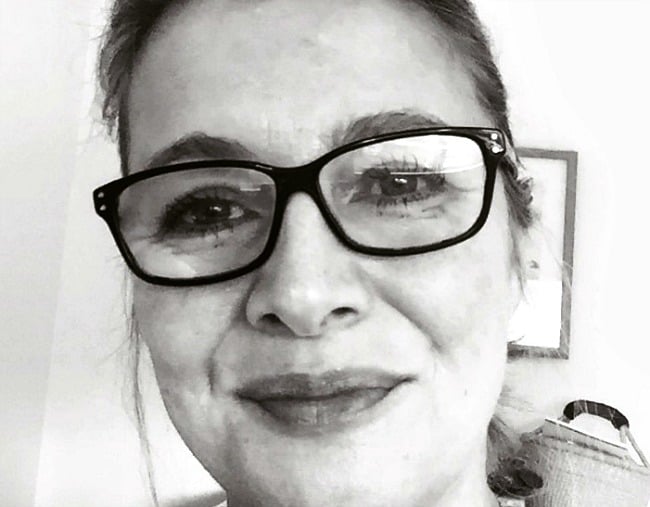
I know I drink too much.
In terms of the latest government directives, safe consumption stands at around six units per week for women, which is why I pretend I live in the US when I have a big week, where the allowance is almost double.
By Australian standards though, I am a functioning alcoholic. I’m not slipping vodka into my gym water bottle or blacking out, but I’ve reached a point where I’m not functioning as well as I’d like to when I drink.
Interestingly, most of my friends tell me to stop being neurotic when I admit that I’m worried about my drinking.
“Stop worrying!” they say as they top up my glass. “Who knows how much time we’ve got left.” And yet, I’m becoming increasingly conscious that it will be more if I stop drinking.
I blame my drinking on the pressure to ‘have it all’ – the pressure to be successful in my professional life, as well as a perfect wife and mother – and I’m not alone.
Ever wondered why wine memes on social media are so popular?
Well, women have become one of the most worrying groups when it comes to compulsive drinking.
A study in 2016 by the University of NSW National Drug and Alcohol Research Centre determined that women are catching up with men in terms of alcohol consumption. And while I’m a feminist who believes in equal rights, I’m also aware that women – particularly older women – don’t process alcohol in the same way as men, and it also increases our risk of common cancers.
Want to hear to more? Subscribe to No Filter.




























































































